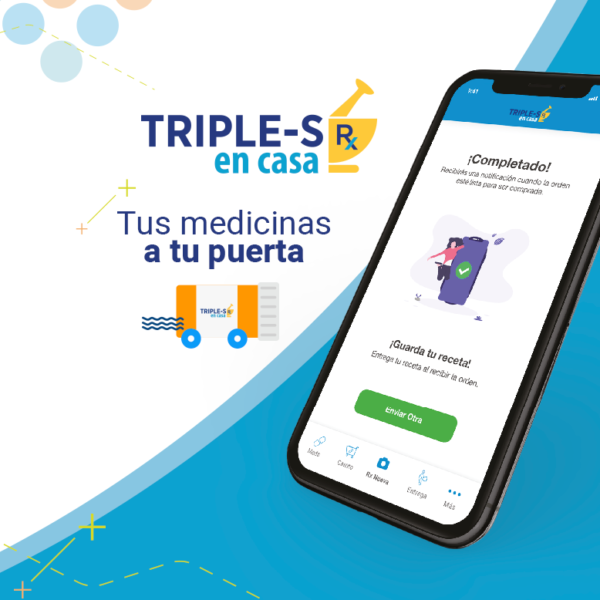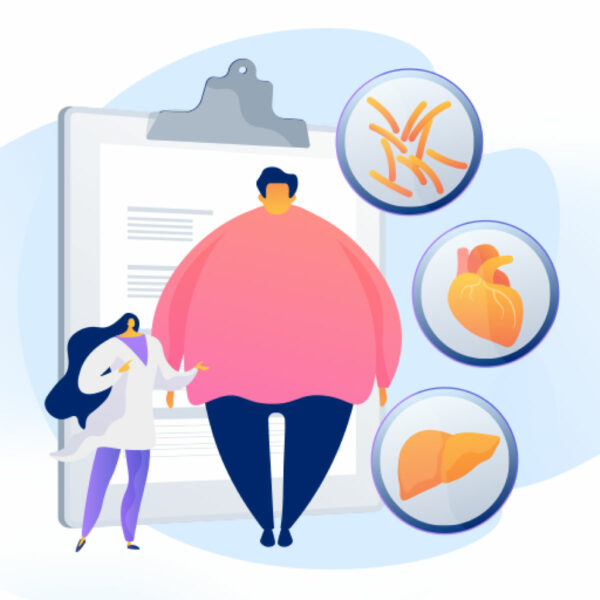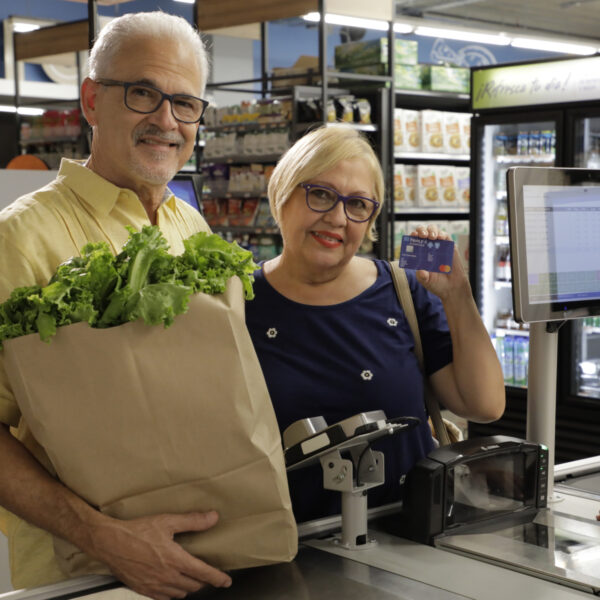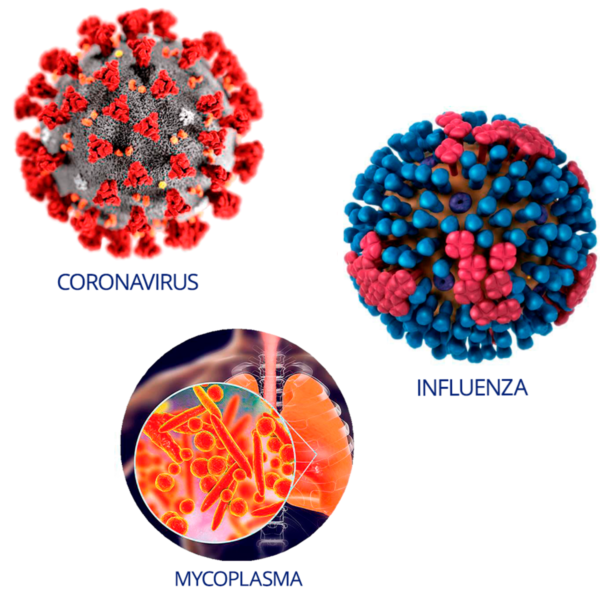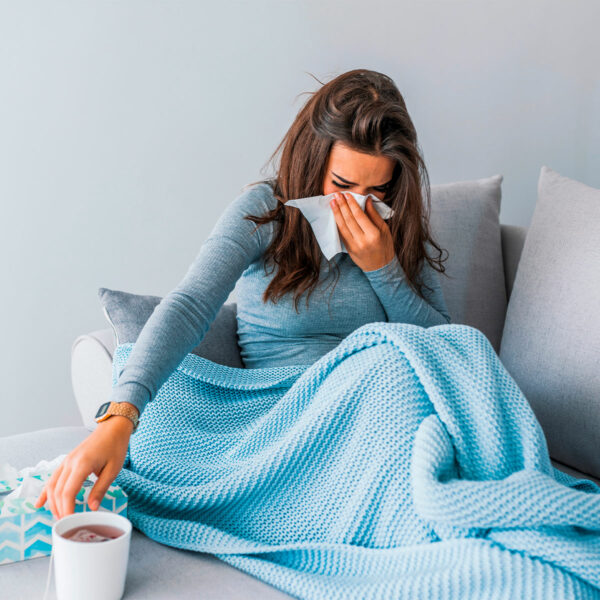Drugs or meds are used to treat, control, or prevent health problems and conditions, as well as to calm symptoms and help with your total health and wellbeing. It is important to take the right drug for it to be effective. This involves non-prescription drugs, natural supplements, teas, ointments, and any other meds you are taking.
What tips should you check on your meds?
There are mostly two types of drugs in our med’s cabinet: prescription and non-prescription. For non-prescription drugs, also known as OTC meds, it is vital to check the expiration date and that their concentration or dose is right for either adult or child health use. For prescription drugs, it is important to check that it has been issued to the right patient, the correct time and form of administration, the indications, the expiration date, and the dose.
Paying attention to the right dose
Using the right dose is vital because a wrong dose could lead to bad results. A dose is the measured number of meds that needs to be gave each time to make the meant effect.
Refills
If the label involves a number next to the “refill” section, it stands for the number of times you can get more meds without needing to visit your doctor again. The doctor is the health care expert that decides the dose for each patient and for how long the patient can keep on using the same dose. They also decide the number of times the prescription may be refilled. It is important that patients go to their follow-up visits so that the doctor can point out whether they should keep taking the current dose or if it needs to be changed.
Ask your doctor
- Do you need to take the brand-name drug, or can you use its generic counterpart?
- What are the drug’s effects?
- For how long should you take it?
- What happens if you miss a dose?
- Should it be taken with food?
- What are its possible side effects?
- Will it interfere with other drugs you are already taking?
- If it has any allergic factor?
- How they should be stored (e.g., refrigerator, room temperature, in a non-hot area, etc.)
Up to date with your meds
Our health problems change over time, and so does our body. That is why it is vital to review the meds you are taking with your doctor to make sure they are not contraindicated or show any danger. This takes in vitamins, supplements, and minerals. Just because a drug is OTC or natural as stated by its label, it does not mean it will not cause a not wanted interaction with any other product you are taking. It may even have an ingredient that is contraindicated for a certain health issue. A drug reconciliation, also known as a “brown bag checkup,” is a process in which patients are pushed to put all their meds and natural products in a bag and bring them to their doctor or a trusted pharmacist once a year. The idea is to have either one of these experts check what the patient is taking and decide whether there are any unsafe interactions, that the drugs are right for the patient’s age and health conditions, and to make sure that they are not taking more than one drug for the same condition by mistake.
We want our meds to be safe and efficient. To reach this, the meds must be in best condition and should be gave using the right doses and in an adequate ratio to any other products or meds. It is up to us to keep this healthy synergy to protect our body and make sure we’re getting the full benefit of these meds.
TSS-MKT-3707-2022-B


